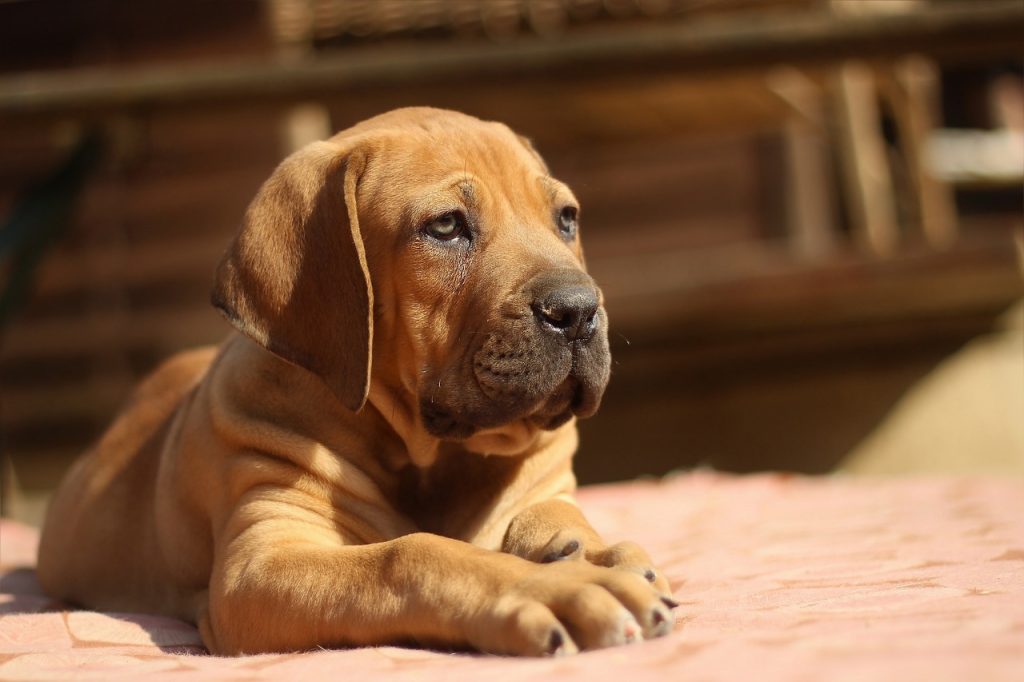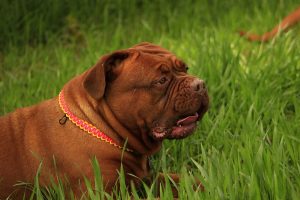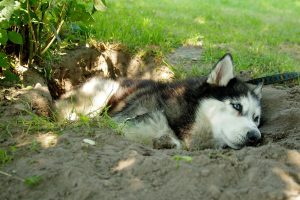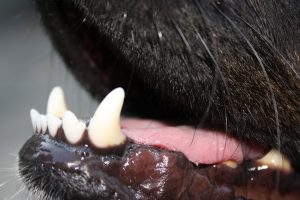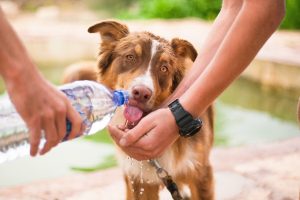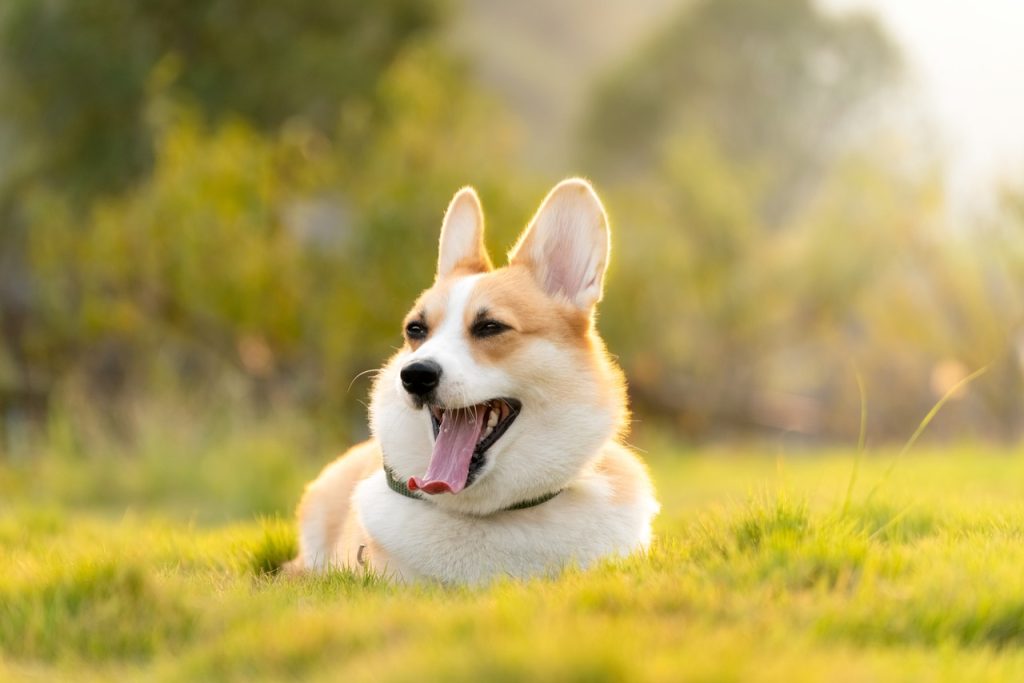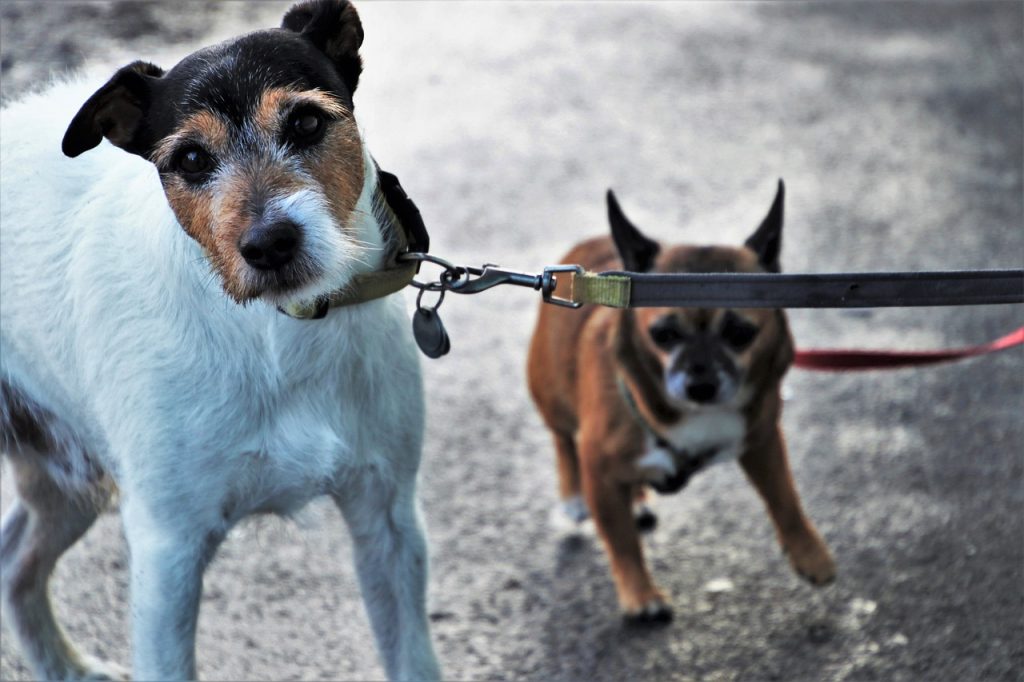Having a new puppy at home is exciting, but it can also come with challenges. One of the biggest hurdles: house-training your puppy. Fortunately, many dogs want nothing more than to please their human—this means they actually want to learn to be house-trained.
But if you’ve been working on potty training for what feels like ages and your pup is still having accidents, you’re probably desperate to learn how to stop your puppy from peeing in the house. Here’s what to know.
How Often Should Puppies Go Out to Pee?
When puppies are little, they don’t have great control of their bladder—just like human babies. But as they get older, bladder control in puppies improves and they’re able to hold their urine for much longer.
When you first bring home a puppy, usually at around 8 weeks old, take her out every 30–60 minutes for the first week or two. This will help to prevent the puppy from peeing in the house and also help her get used to going to the bathroom outside.
In general, the number of hours puppies can hold their urine is equal to their age (in months) plus one. So, a 2-month-old puppy can theoretically hold her bladder for about three hours.
Puppy Bladder Control Chart
| Age | Frequency of Potty Breaks |
| 2 months old | Every 2–3 hours |
| 3 months old | Every 3–4 hours |
| 4 months old | Every 4–5 hours |
In general, by the time your puppy is 4-6 months old, she should have full control of her bladder (which means you can finally start sleeping through the night again!). Once your puppy has bladder control, she should still go out several times a day (three to five total) for bathroom breaks.
What To Do if a Puppy Is Peeing in the House
One of the first things to teach your new puppy is house-training. This process can take days, weeks, or months, depending on the dog. But with determination and patience, it can be done.
If your puppy keeps peeing in the house, do not punish her. Swatting dogs with a newspaper and rubbing their nose in their urine are outdated training methods. If these negative training techniques are used, your dog will associate you with the punishment and can become afraid of you.
Instead, use positive reinforcement with praise and treats when your puppy holds her bladder and successfully urinates outside.
If your puppy continues to have accidents in the house despite your training efforts, consult your veterinarian, as there can be medical reasons for this. Your vet can help determine if the accidents are a training issue, behavioral issue, or medical issue. It’s important to differentiate among these, as the solutions to each vary.
What Are the Signs That a Puppy Needs To Go Out?
One of the greatest challenges when potty training a puppy is establishing communication between you and your pup. There are many times where she understands the concept of potty training, but she simply doesn’t know how to tell you she needs to go outside.
While puppies can’t outright talk to us, they do have ways of communicating that they need to go to the bathroom. Learning your pup’s individual indicators is one of the most critical steps in potty training.
Some of the most common signals can include:
- Crying or whimpering
- Pawing or waiting at the door
- Pacing
- Jumping where you hang the leash
- Squatting
- Sniffing or circling
- Barking
- Any abrupt changes in activity
Is Your Puppy Peeing in the House When You’re Gone?
Leaving home can be difficult when you have a new puppy, especially if you’re out for prolonged periods. Your puppy doesn’t know when you’ll be back, and if she has to go to the bathroom, she has no way to go outside. Fortunately, there are several ways to help with this issue.
1. Don’t Leave Her for Long
When you first start to leave your puppy alone, do not leave her for longer than 30 minutes at a time. As your pup gets used to you leaving, you can progressively leave her for longer periods. This is especially true as she gains more control of her bladder.
If you must leave her for longer, be aware that she may have an accident. It all depends on her age and bladder-control ability, so be prepared for this and don’t get upset with her. Also, take her outside to pee before you leave so her bladder is empty.
2. Put Her in a Crate
Crate training can also help stop your puppy from peeing in the house while you’re gone. Animals don’t like to go to the bathroom where they lie down, so with an appropriately sized crate, they’re less likely to have an accident while you’re gone.
3. Never Punish Her
While you should never punish your puppy for peeing in the house, it’s especially important that you don’t punish her for an accident that happened while you were out. Dogs only have three to five seconds to make an association between an action and a reward or punishment. If you punish her for having an accident while you’re gone, she’ll understand she’s being punished but she won’t know why.
It’s frustrating when your puppy keeps peeing in the house. But with patience, perseverance, and positive reinforcement, she will become house-trained.
Популярні породи та тренди 2026 року.
⚠️ We suggest that you read all the opinions on our portal and take note of them at your own discretion. Do not self-medicate! In our articles we collect the latest scientific data and opinions of authoritative experts in the field of health care. But remember: only a doctor can diagnose and treat.
The portal is intended for users over 13 years old. Some materials may not be suitable for children under the age of 16. We do not collect personal data from children under 13 without parental consent.We have a small request. We strive to create quality content about pet care, and we make it available for free to everyone because we believe everyone deserves accurate and useful information.
Advertising revenue only covers a small portion of our costs, and we want to continue to provide content without having to increase advertising. If you have found our content useful, please support us. It only takes a minute, but your support will help us reduce our reliance on advertising and create even more useful articles. Thank you!
